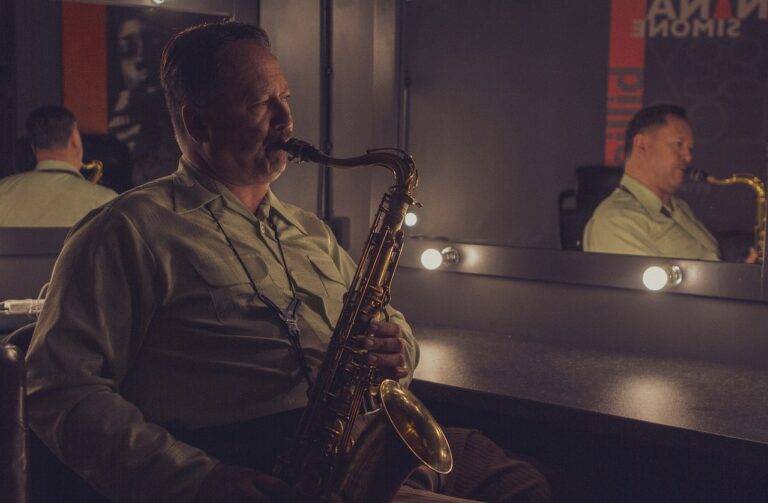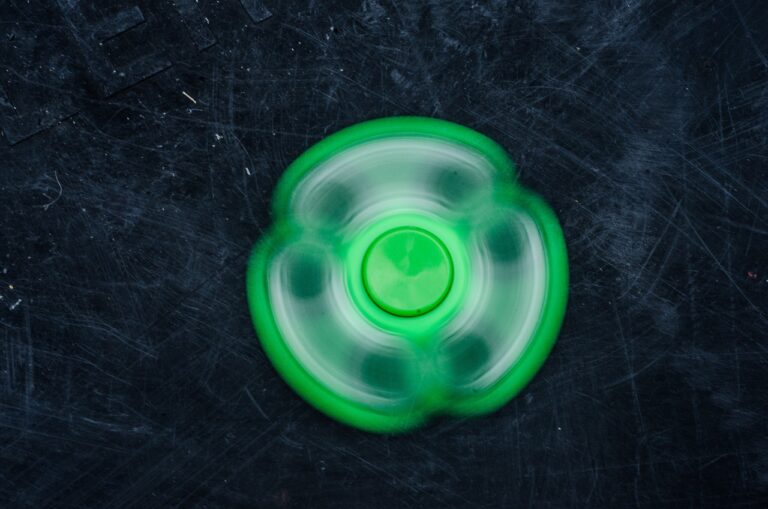Sports Entertainment and the Psychology of Team Rivalries
silverexch, goldenexch. bet, betbook247:Sports entertainment is a multi-billion dollar industry that captures the hearts and minds of millions of fans around the world. From football to basketball to soccer, sports teams often evoke strong emotions in their supporters. One of the key drivers of these intense emotions is the psychology of team rivalries.
The phenomenon of team rivalries is deeply rooted in human psychology. It goes beyond mere competition on the field and taps into our tribal instincts. Humans are social creatures who naturally form groups and identify with them. When our group is pitted against another, our primal instincts kick in, leading to a sense of loyalty, belonging, and even territoriality.
Rivalries add an extra layer of excitement to sports entertainment. They fuel the passion of fans, create a sense of community, and make victories all the sweeter. Whether it’s the historic rivalry between Real Madrid and Barcelona in soccer or the fierce competition between the Boston Red Sox and the New York Yankees in baseball, team rivalries have the power to captivate audiences and drive engagement.
But what exactly is it about team rivalries that make them so compelling? Here are a few key psychological factors at play:
1. Identity and Belonging: Supporting a sports team is more than just a pastime. It’s a way for fans to identify with a group, feel a sense of belonging, and express their loyalty.
2. Us vs. Them Mentality: Team rivalries tap into our innate tribal instincts, pitting “us” against “them” and creating a sense of camaraderie among supporters.
3. Emotional Investment: Fans invest time, energy, and emotions into supporting their team, making victories feel like personal triumphs and defeats like personal losses.
4. Dopamine Rush: The thrill of victory and the agony of defeat trigger the release of dopamine in the brain, creating a natural high that keeps fans coming back for more.
5. Social Validation: Supporting a successful team can enhance an individual’s social status and provide a sense of validation among peers.
6. Tradition and History: Rivalries often have deep-rooted histories and traditions that add layers of complexity and meaning to the competition.
As sports entertainment continues to evolve, team rivalries remain a timeless and essential element of the fan experience. They inspire passion, loyalty, and camaraderie among supporters, turning a simple game into a cultural phenomenon.
FAQs:
Q: Are team rivalries good for sports entertainment?
A: Yes, team rivalries add excitement, passion, and engagement to sports entertainment, making games more compelling for fans.
Q: How do team rivalries impact players?
A: Team rivalries can motivate players to perform at their best, as they want to win not just for themselves but for their team and fans.
Q: Can team rivalries ever go too far?
A: While healthy competition is essential for sports entertainment, rivalries should never escalate to violence or aggression, as the primary goal is to enjoy the game and support your team.







